Introduction
Sudden Cardiac Arrest (SCA) is one of the most shocking medical emergencies. It happens when the heart suddenly stops beating. Many people think only older adults get serious heart problems, but in recent years, sudden cardiac arrest in young adults has become more common in India. This rise has increased awareness about heart health, fitness habits, and the importance of early screening.
In this blog, we explain the causes, symptoms, risks, diagnosis, treatment, and prevention of sudden cardiac arrest in young people—using clear, simple language. We also add 50 FAQs to help you understand every important detail.
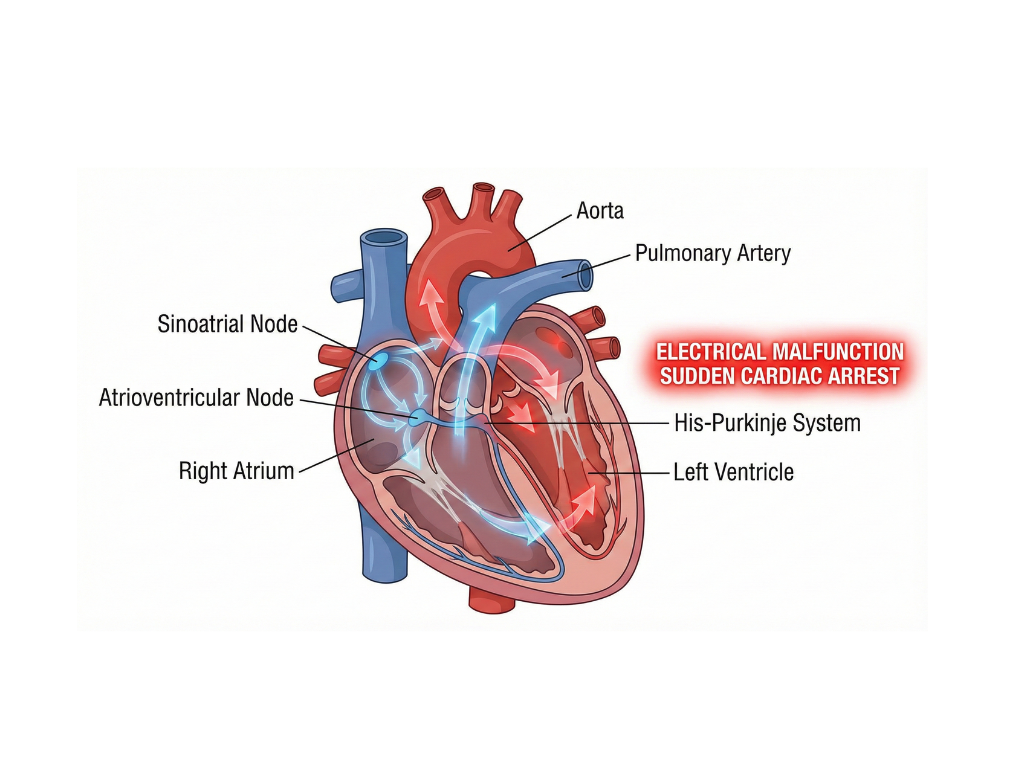
What is Sudden Cardiac Arrest?
Sudden Cardiac Arrest is a condition where the heart suddenly stops pumping blood. This stops oxygen supply to the brain and body. Without quick treatment like CPR or defibrillation, SCA can cause death within minutes.
Important to know:
Sudden cardiac arrest is not the same as a heart attack.
-
Heart attack: Blood flow is blocked in heart vessels.
-
Cardiac arrest: Heart’s electrical system collapses and heartbeat stops.
Both are emergencies, but sudden cardiac arrest is more dangerous and needs immediate action.
Why Are Young Adults at Risk Today?
In India, lifestyle changes, stress, unhealthy diet, late working hours, smoking, excessive gym workouts, and family history have increased young people’s risk of heart problems. Many cases happen without warning, which makes awareness even more important.
Causes of Sudden Cardiac Arrest in Young Adults
Sudden cardiac arrest can occur due to several underlying reasons. Some are inherited, while others develop because of lifestyle or medical conditions.
1. Heart rhythm disorders (Arrhythmias)
These are problems with the electrical signals of the heart, causing abnormal heartbeat. Common types:
-
Ventricular fibrillation
-
Long QT syndrome
-
Brugada syndrome
These conditions may be silent until a major episode happens.
2. Hypertrophic cardiomyopathy (HCM)
A condition where the heart muscle becomes unusually thick. It is a common cause of sudden death in young athletes.
3. Coronary artery disease (early blockages)
Although more common in older adults, many young Indians now experience premature blockages because of:
-
High cholesterol
-
Smoking
-
Junk food
-
Lack of exercise
4. Myocarditis (inflammation of the heart)
Usually caused by viral infections. It can weaken the heart and trigger sudden cardiac arrest.
5. Drug or steroid misuse
Certain substances can disrupt heart rhythm.
6. Severe electrolyte imbalance
Low potassium, calcium, or magnesium levels can disturb the heartbeat.
7. Congenital heart conditions
Some people are born with:
-
Abnormal electrical pathways
-
Structural problems
-
Weak heart muscles
These may cause sudden collapse, especially during physical activity.
Symptoms of Sudden Cardiac Arrest
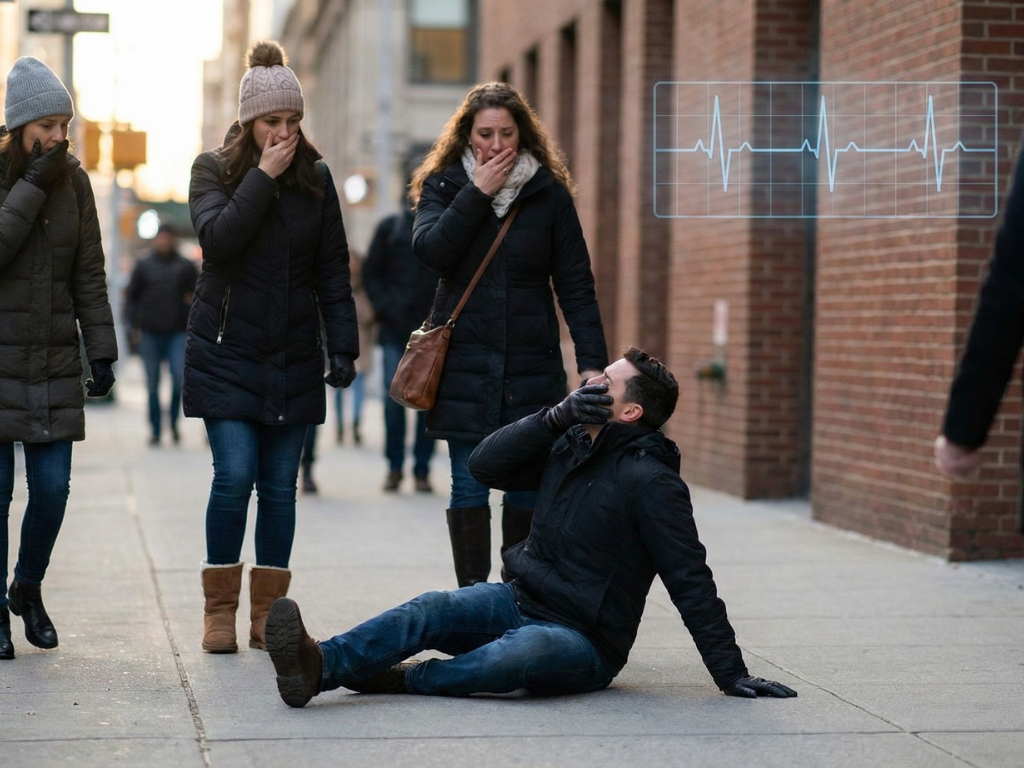
Sudden cardiac arrest often happens without warning, but some people may show early signs:
-
Sudden collapse
-
No pulse
-
No breathing
-
Loss of consciousness
-
Chest pain earlier in the day
-
Fast or irregular heartbeat
-
Dizziness or light-headedness
-
Shortness of breath
-
Seizure-like movements during collapse
If someone collapses suddenly and is unresponsive, assume cardiac arrest and act fast.
How Sudden Cardiac Arrest Happens
The heart has its own electrical system. When this system fails, the heart:
-
Quivers instead of pumping
-
Stops sending blood to the brain
-
Causes immediate collapse
Within 4–6 minutes, the brain begins to suffer irreversible damage. This is why CPR within the first 2 minutes can save a life.
ALSO READ: Burnout, Depression, And Anxiety In Gen-z & Working Professionals
Diagnosis
Young adults should undergo screening if they have symptoms or a family history of heart disease.
Tests commonly used:
-
ECG (Electrocardiogram): Detects rhythm issues.
-
Echocardiogram: Shows heart structure and pumping function.
-
Holter monitoring: 24–48 hour ECG recording.
-
Cardiac MRI: Detailed view of heart muscles.
-
Stress test: Checks heart performance during exercise.
-
Blood tests: Cholesterol, sugar, electrolytes, thyroid.
-
Genetic testing: For inherited rhythm disorders.
Emergency Treatment for Sudden Cardiac Arrest
Immediate treatment can save a life. Here’s what needs to happen:
1. Call for help (Dial 112 or emergency services)
Shout for help. Call an ambulance immediately.
2. Check breathing and pulse
If there is no breathing or pulse—start CPR.
3. Start CPR (Cardiopulmonary Resuscitation)
-
Push hard and fast in the center of the chest.
-
Rate: 100–120 compressions per minute.
-
Depth: about 2 inches.
-
Allow the chest to rise each time.
Even if you are not trained, hands-only CPR can keep the person alive.
4. Use an AED (Automated External Defibrillator)
If available, an AED can shock the heart to a normal rhythm.
5. Hospital treatment
-
Defibrillation
-
Medications
-
Cooling therapy
-
Mechanical ventilation
-
Treatment of underlying cause
-
Angioplasty if needed
Long-Term Treatment
Once stabilized, patients may need:
-
Implantable cardioverter-defibrillator (ICD)
-
Medications for rhythm control
-
Lifestyle changes
-
Regular cardiology check-ups
-
Cardiac rehabilitation
Prevention in Young Adults
You can prevent many heart problems by taking care of your overall heart health.
1. Regular health check-ups
Annual heart screenings are important, especially if you have:
-
Family history
-
High blood pressure
-
Diabetes
-
High cholesterol
2. Healthy diet
Choose:
-
Fruits
-
Vegetables
-
Whole grains
-
Lean proteins
-
Less salt, sugar, and fried food
3. Quit smoking and alcohol moderation
Nicotine and excessive alcohol weaken the heart.
4. Avoid over-exercising
Heavy gym workouts without guidance can strain the heart.
5. Manage stress
Practice:
-
Yoga
-
Meditation
-
Breathing exercises
6. Sleep well
7–8 hours daily keeps heart rhythm stable.
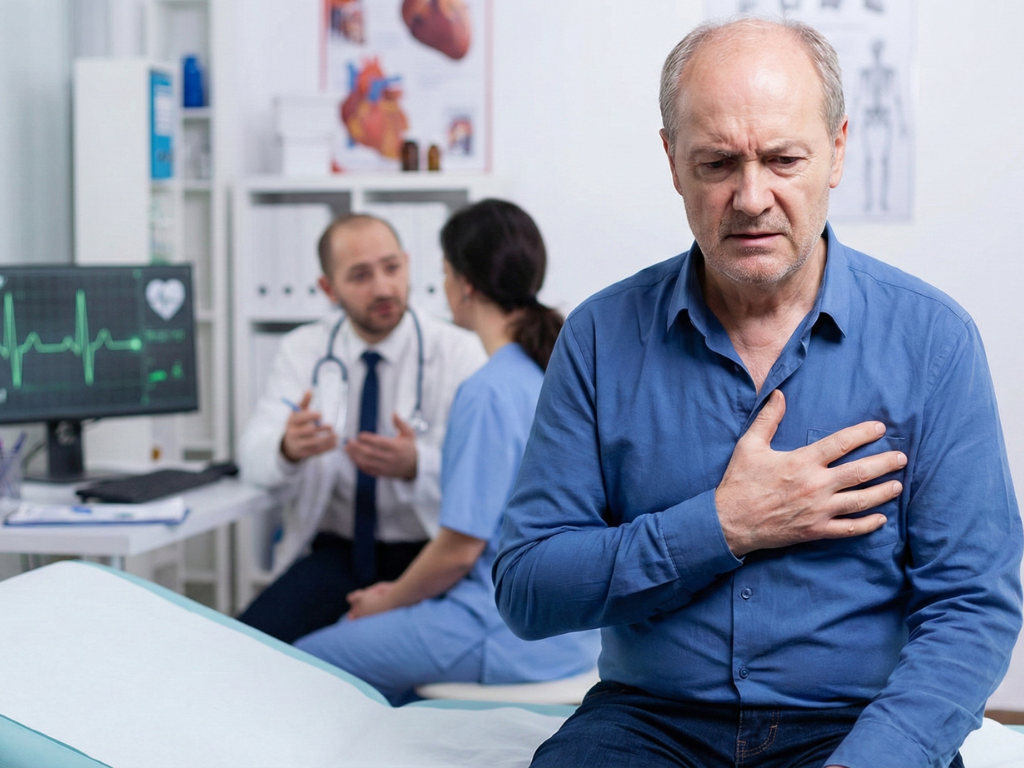
When to see a Doctor
Visit a cardiologist immediately if you experience:
-
Fainting episodes
-
Fast or irregular heartbeat
-
Chest discomfort
-
Shortness of breath
-
Unexplained fatigue
-
Family history of sudden cardiac arrest
Never ignore these signs—especially if you are active in sports or heavy exercise.
Risks and Complications
-
Brain damage due to lack of oxygen
-
Organ failure
-
Repeat cardiac arrest
-
Permanent disability
-
Death if untreated
Early detection and care reduce risks significantly.
50 FAQs on Sudden Cardiac Arrest in Young Adults
Q1. What is sudden cardiac arrest?
A sudden stop of the heart’s pumping action due to electrical failure.
Q2. Can young adults get sudden cardiac arrest?
Yes, many cases now occur in people aged 18–40.
Q3. Is sudden cardiac arrest the same as a heart attack?
No. A heart attack is a blockage; SCA is an electrical problem.
Q4. What are the first signs of sudden cardiac arrest?
Collapse, no pulse, no breathing.
Q5. What causes sudden cardiac arrest in young people?
Rhythm disorders, thick heart muscle, infections, blockages, and genetic issues.
Q6. Can gym workouts trigger cardiac arrest?
Overexertion can trigger symptoms in people with hidden heart problems.
Q7. Can sudden cardiac arrest be detected early?
Screening tests like ECG and echo help detect risk.
Q8. Does stress cause cardiac arrest?
Severe stress may trigger heart rhythm problems.
Q9. Can lack of sleep damage the heart?
Yes, poor sleep increases heart rhythm issues.
Q10. Does diet affect sudden cardiac arrest risk?
Yes, high-fat diet and junk food increase risk.
Q11. Can dehydration cause cardiac arrest?
Severe dehydration may disturb electrolytes and trigger arrhythmias.
Q12. Can smoking cause SCA?
Yes, smoking increases heart rhythm and artery risks.
Q13. Can alcohol trigger cardiac arrest?
Heavy drinking can cause dangerous arrhythmias.
Q14. Is sudden cardiac arrest painful?
Most people lose consciousness instantly.
Q15. Is sudden cardiac arrest common in athletes?
Yes, especially with undiagnosed conditions like HCM.
Q16. Does family history matter?
Yes, many rhythm disorders run in families.
Q17. Can sudden cardiac arrest happen in sleep?
Yes, especially in arrhythmia disorders.
Q18. What is an ICD?
A device that shocks the heart to prevent SCA.
Q19. Does CPR always save lives?
Not always, but it doubles survival chances.
Q20. How long can the brain survive without oxygen?
4–6 minutes.
Q21. Can coffee trigger heart issues?
Only excessive intake may cause palpitations.
Q22. Are steroids dangerous for the heart?
Yes, misuse can trigger rhythm problems.
Q23. Do energy drinks affect the heart?
Too much caffeine can trigger arrhythmias.
Q24. Can thyroid issues cause SCA?
Severe thyroid disorders may affect heart rhythm.
Q25. Can vaccinated people get SCA?
Vaccination does not increase SCA risk.
Q26. Is SCA reversible?
Yes, with immediate CPR and shock treatment.
Q27. Can young women get SCA?
Yes, both genders are affected.
Q28. How does obesity affect heart health?
It increases cholesterol, blood pressure, and rhythm disorders.
Q29. Can sudden cardiac arrest happen while playing sports?
Yes, especially during high-intensity activity.
Q30. What is long QT syndrome?
A genetic rhythm disorder causing sudden collapse.
Q31. Can anemia trigger heart problems?
Severe anemia stresses the heart.
Q32. Can SCA occur without warning?
Yes, many cases show no early symptoms.
Q33. Do chest pains always mean heart problems?
Not always, but they should be checked.
Q34. Can viral infections cause SCA?
Yes, myocarditis from viruses can weaken the heart.
Q35. Is fainting a warning sign?
Unexplained fainting must be investigated.
Q36. Can high cholesterol cause SCA?
Yes, early blockages increase risk.
Q37. Can diabetics get SCA?
Yes, high sugar damages blood vessels.
Q38. Can low potassium cause heart issues?
Yes, it can cause dangerous arrhythmias.
Q39. Is it safe to exercise after a heart attack?
Only under a doctor’s supervision.
Q40. Can heart tests detect all risks?
Most major risks can be detected.
Q41. How often should young adults screen their hearts?
Once a year or as your doctor advises.
Q42. What should be done immediately during SCA?
Start CPR and call emergency help.
Q43. Can meditation improve heart health?
Yes, it reduces stress.
Q44. Can children get sudden cardiac arrest?
Rare, but possible in genetic disorders.
Q45. Can SCA be prevented completely?
Risk can be reduced, not eliminated.
Q46. Does blood pressure affect SCA?
Very high or low BP affects the heart.
Q47. Can SCA survivors live a normal life?
Many do, with proper treatment.
Q48. What is ventricular fibrillation?
A chaotic heart rhythm causing SCA.
Q49. How fast should CPR be given?
Immediately—every second matters.
Q50. Which doctor treats cardiac arrest?
A cardiologist or emergency specialist.
Conclusion
Sudden cardiac arrest in young adults is a serious condition, but awareness, early screening, and lifestyle changes can greatly reduce the risk. Taking care of your heart health today can protect your future. Know the warning signs, avoid unhealthy habits, and never ignore unusual symptoms.
If you or someone you know has heart-related symptoms, seek medical help immediately.
Quickobook Call-to-Action
-
Book a cardiologist appointment instantly on Quickobook.
-
Find the nearest ECG, echo, or stress test center.
-
Get reminders for yearly heart check-ups.
-
Choose trusted doctors with verified patient reviews.
Disclaimer
This blog is for informational purposes only. It does not replace a doctor’s medical advice, diagnosis, or treatment. Always consult a qualified healthcare professional for personal health concerns.
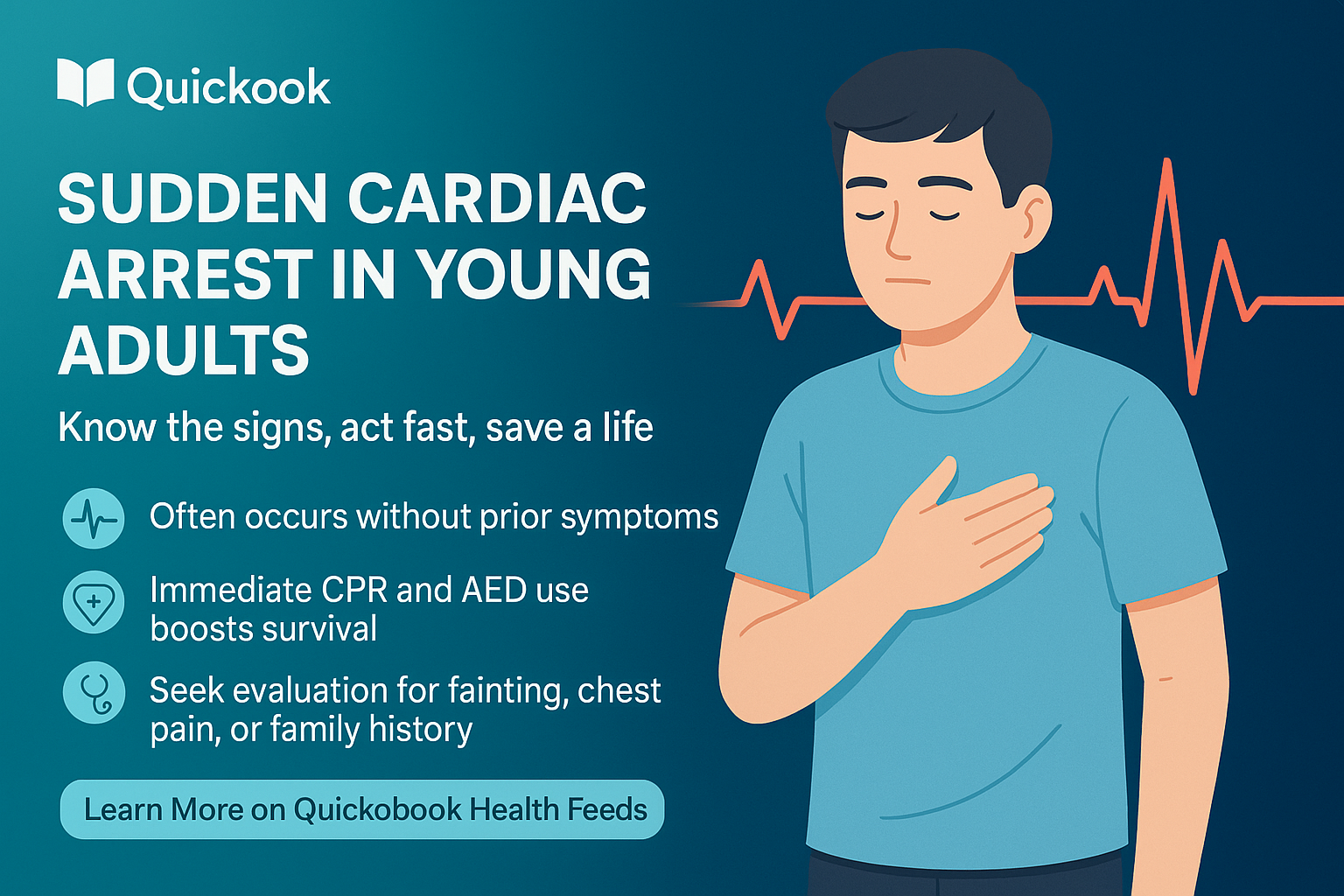

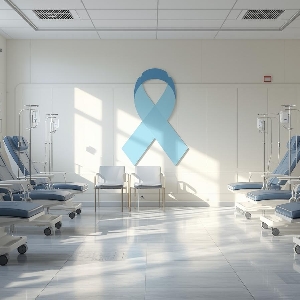







Comments (0)
No comments yet. Be the first to share your thoughts!
Leave a Comment